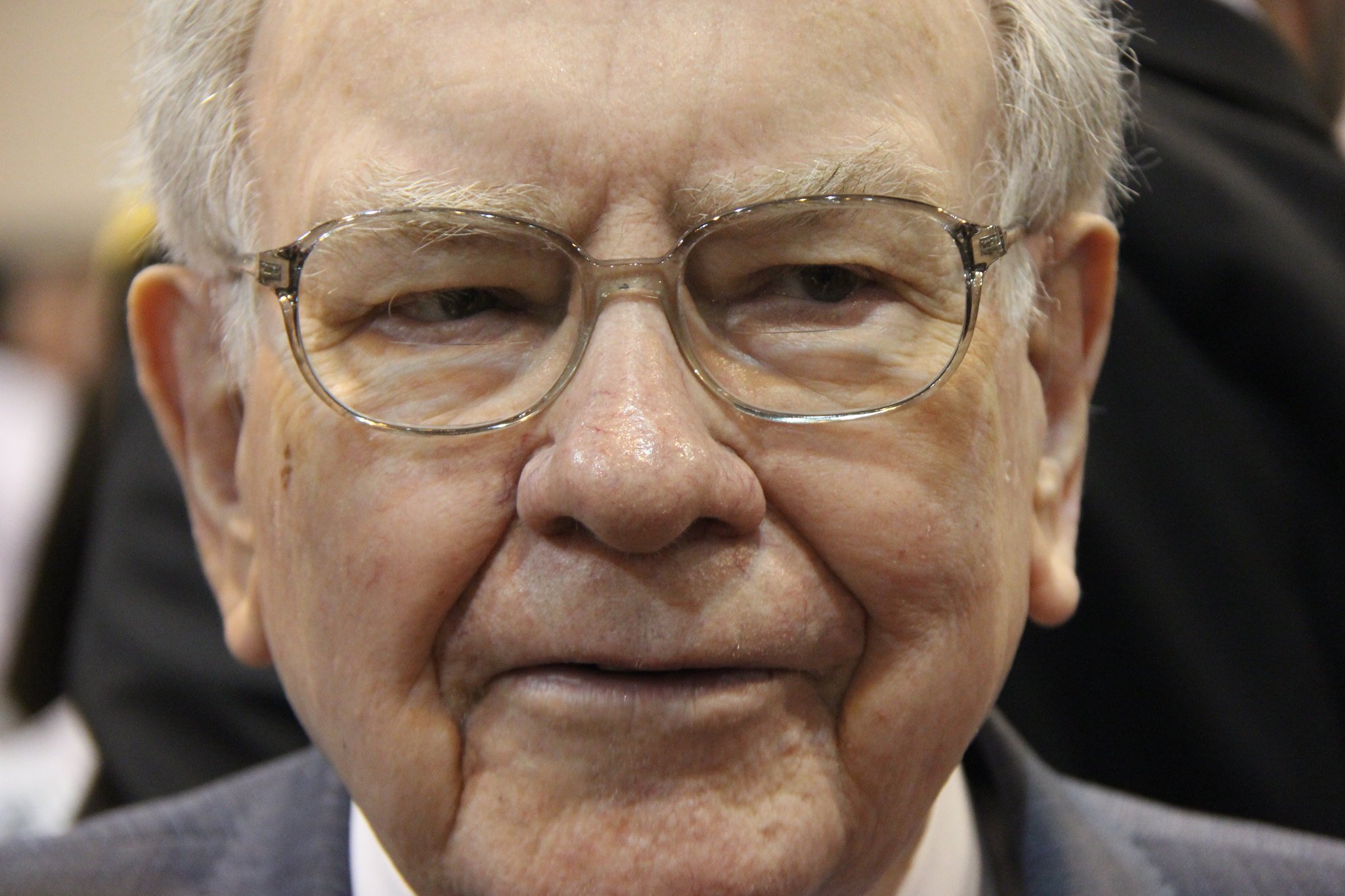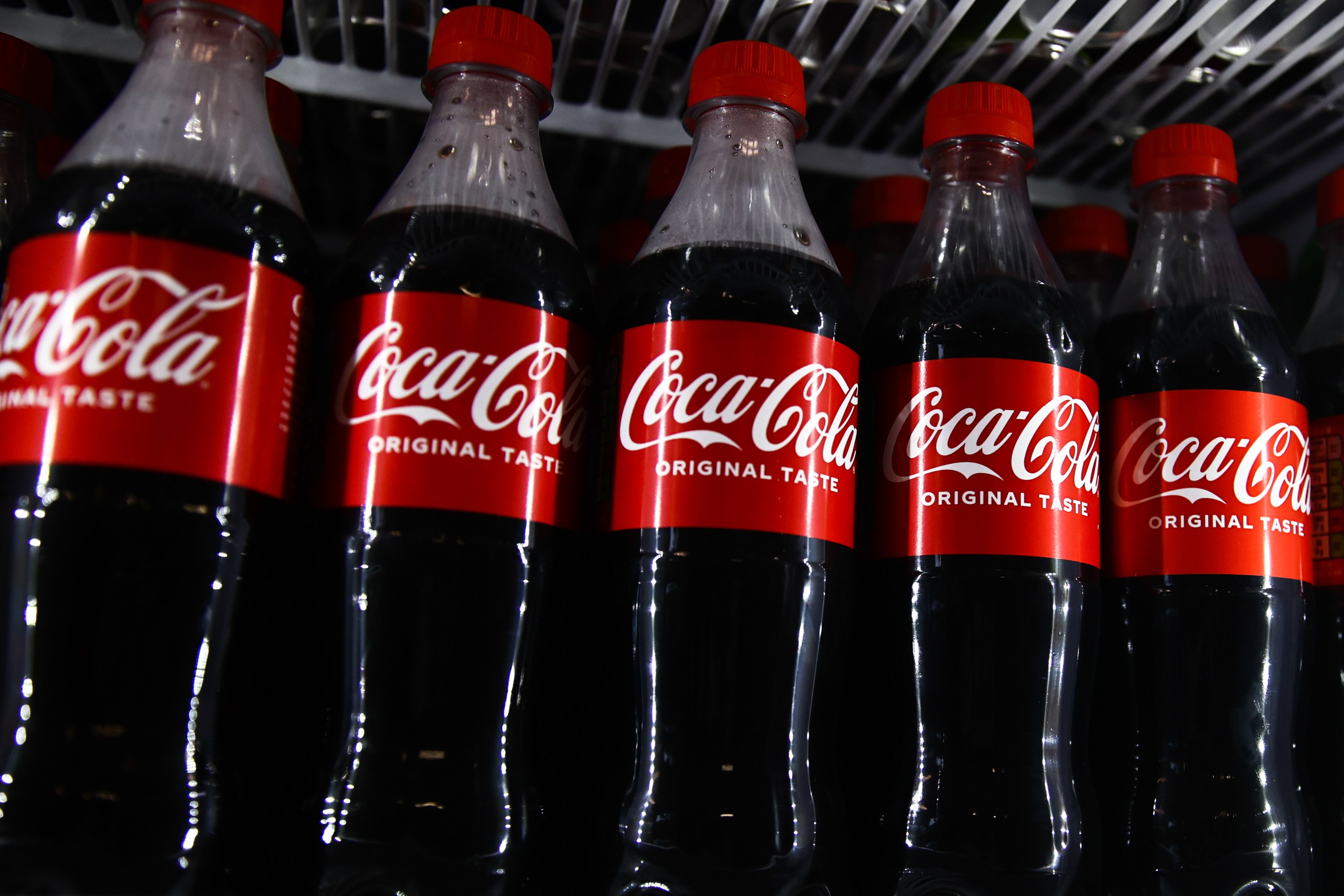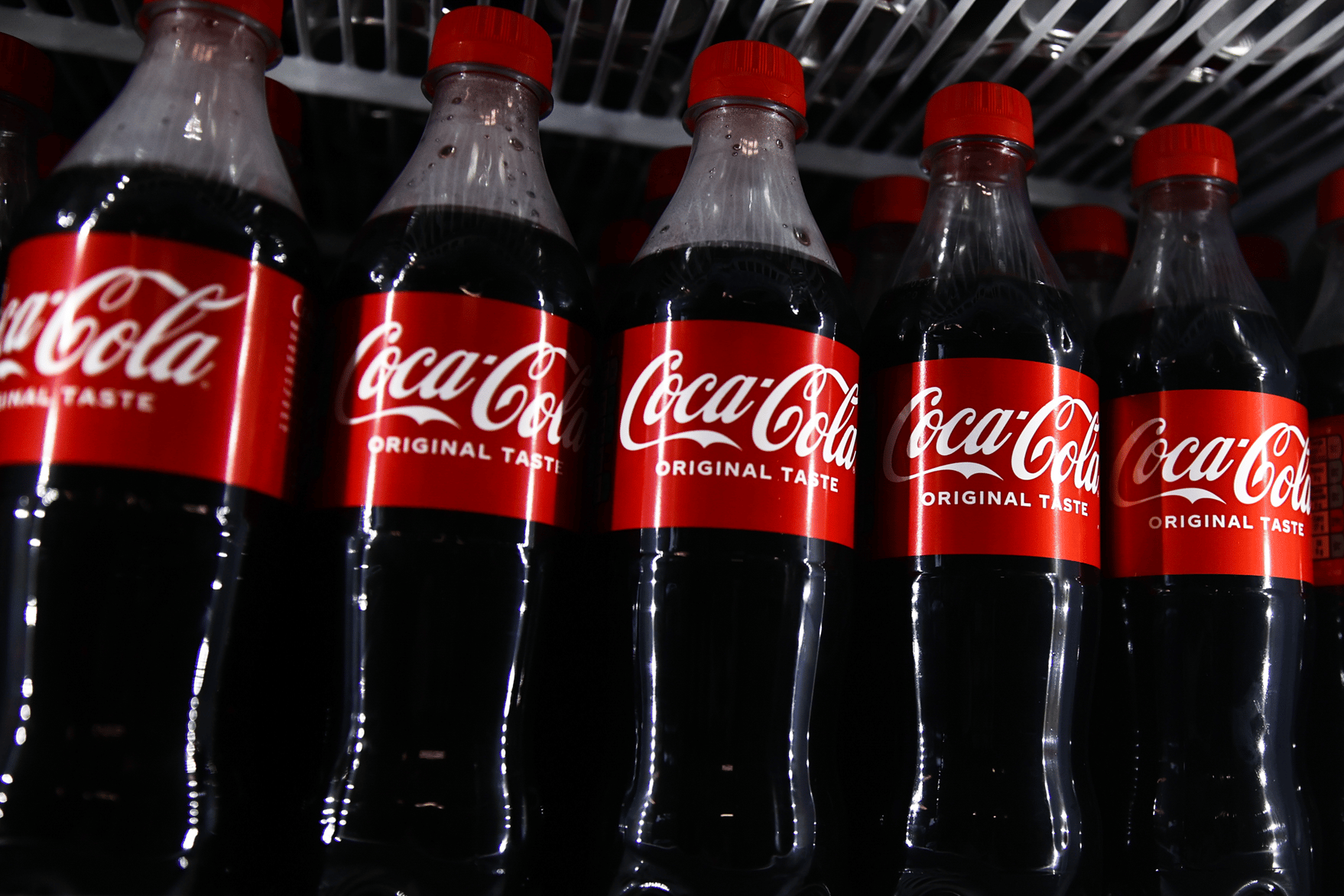PepsiCo (PEP 0.51%) announced that former Nokia executive D Shivakumar has been named CEO of PepsiCo's business in India. The appointment comes after a six month vacancy following the abrupt resignation of Shivakumar's predecessor Manu Annand this past June.
India is a major emerging market for most global brands. India is the largest democracy in the world, it's the largest English speaking country in the world, and its current 1.3 billion population figure is estimated to grow to 1.7 billion by 2050.
India will be the most populous country in the world within the decade. India already has robust industry in computer science, outsourced services, pharmaceuticals, and, perhaps most critically, higher education.
From a demographic and economic perspective, the opportunity for consumer brands in India is overwhelming. PepsiCo's largest rival and the 1 stock I'm buying this holiday season, Coca-Cola (KO 0.84%) knows this as well.
Coca-Cola CEO Muhtar Kent recently penned a commentary piece for the famed management consulting firm McKinsey & Co explaining Coca-Cola's struggles and successes in this critical region.
Here are three takeaways from Kent's commentary that should benefit Mr. Shivakumar as he takes on the challenge of growing this billion dollar business on the Indian subcontinent.
1. "If you come to India with some grand, predetermined strategy or master plan, prepare to be distracted, deterred, and even demoralized."
Kent highlights Coca-Cola's experience as being a series of missteps, adjustments, second attempts, and only then, eventually, successes. Fortunately for PepsiCo, Shivakumar already has extensive experience in the region, serving as a Managing Director for Nokia in India, as reported by the India Times. The hope for PepsiCo is that Shivakumar has already learned the hard lessons, and will enter this position full speed ahead as a seasoned veteran of the Indian marketplace.
2. "We learned that although Indian consumers were eager to embrace global brands, they resented any hint of global corporate dominance."
Again, Shivakumar should already be more than familiar with this phenomena in India. Per the India Times, Nokia's market share in India was gutted, declining from 70% to about 25%, by competition from cheaply made and humbly marketed Chinese competition, homegrown Indian brands, and other global powerhouses like Apple and Samsung.
Coca-Cola solved this problem by investing directly into the supply chain--creating jobs for locals, partnering with mom and pop retailers, and tangibly showing the company's commitment to the region.
3. "Small stores play a huge role in the lives of our customers [which] has required us to do many things differently in India than we do in developed markets."
Many Indian small businesses lack basic resources American retailers take for granted everyday--electricity, coolers, access to small business loans and basic banking services, or even access to reliably clean water. For brands like Coca-Cola and PepsiCo, investing in solutions to these problems benefits the consumer, the retailer, and ultimately the brand. Coca-Cola has invested in solar-powered coolers, clean water and electrical infrastructure projects, business training, and micro finance to overcome these challenges.
For PepsiCo, bringing in an outsider with mobile experience should go a long way to understanding these problems. Because of the circumspect electrical and telecommunications infrastructure on the ground, for many Indians mobile technology has been the only reliable communication tool they've ever known. Shivakumar should bring needed understanding of the youth perspective in this regard, and therefore he should be able to market to them more effectively.
As a PepsiCo outsider with significant marketing and leadership experience in India, Shivakumar's mandate is to drive growth right now--don't expect much patience from PepsiCo headquarters if Shivakumar is unable to deliver.
For PepsiCo and Coca-Cola, India will be a key battleground for future growth. Investors should keep an eye on this market, as the winners here will be the market darlings for decades to come.






